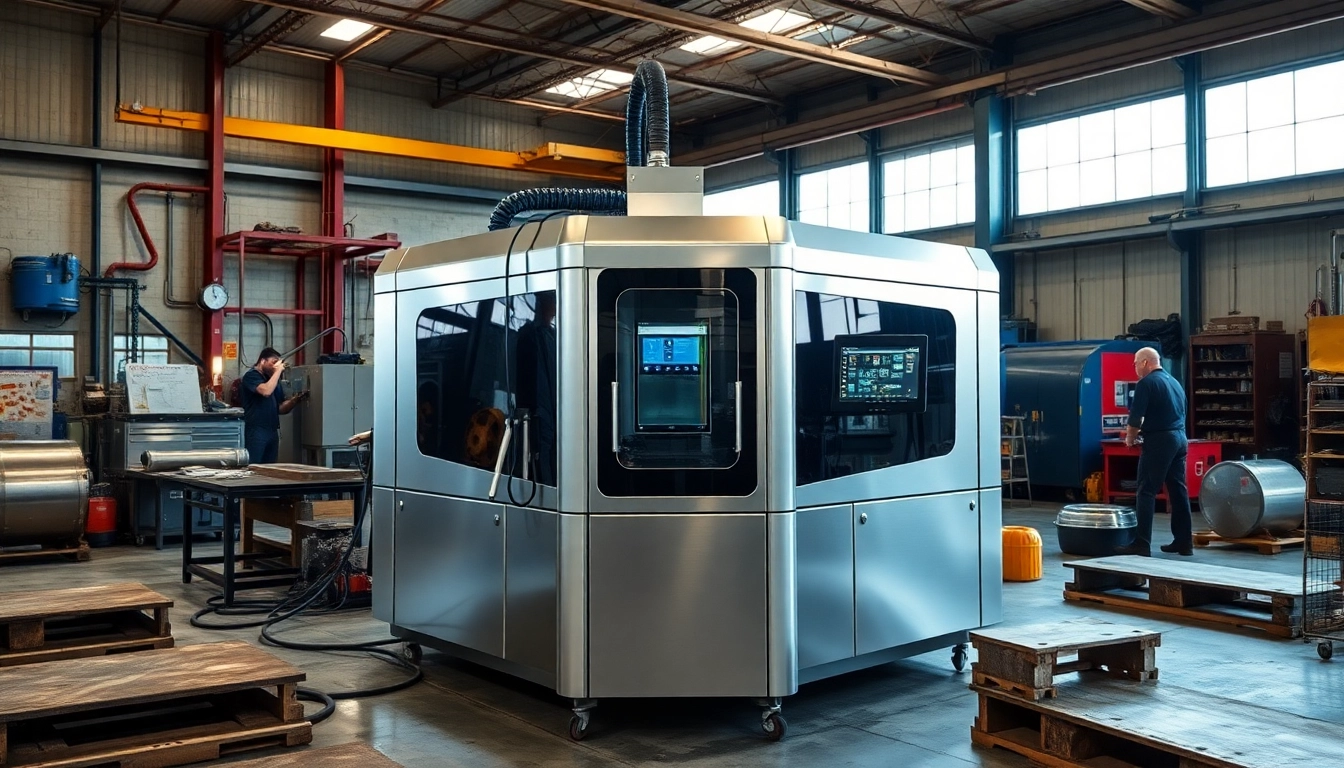
Understanding Laser Cleaning Machine Technology
What is a Laser Cleaning Machine?
A Laser cleaning machine is a cutting-edge tool that utilizes high-intensity laser beams for surface cleaning, removing contaminants such as rust, paint, dirt, or other unwanted materials without damaging the underlying substrate. This technology has rapidly gained traction across various industries due to its efficiency, precision, and environmentally friendly features. Unlike traditional cleaning methods that may involve harsh chemicals or abrasive techniques, the Laser cleaning machine provides a non-contact cleaning solution, minimizing the risk of damage to delicate surfaces.
How Laser Cleaning Machines Work
Laser cleaning machines operate by directing a focused laser beam onto the surface of the material to be cleaned. The energy from the laser is absorbed by the contaminants, which subsequently vaporize or are ejected from the surface due to the high temperatures generated. The intensity and wavelength of the laser can be adjusted depending on the type of contaminant and the material below it, allowing for highly customizable cleaning solutions tailored to specific tasks.
The fundamental steps of operation include:
- Absorption: Contaminants absorb the laser’s energy due to differences in material properties.
- Vaporization: The energy causes contaminants to reach their vaporization point.
- Ejection: The vaporized debris is blown away by either the force of the laser pulse or by a separate airflow system employed in the machine.
This method allows for outstanding precision, especially of importance in sensitive applications where traditional cleaning methods could cause abrasion or scratches.
Advantages of Using Laser Cleaning Machines
The advantages of laser cleaning technology are substantial and often lead organizations to transition from traditional cleaning methods. Some of these benefits include:
- Environmentally Friendly: Laser cleaning does not require the use of harsh chemicals, making it a greener option.
- Cost-Effective: Although the initial investment might be higher, operational costs are typically lower due to reduced materials and labor expenses.
- Versatile Applications: Suitable for a wide range of materials and contaminants, laser cleaning can be applied across various industries.
- Minimal Wear and Tear: The non-contact nature of the cleaning process reduces wear on the substrate compared to more abrasive methods.
- Precision: Laser cleaning allows for targeted removal of contaminants, protecting adjacent surfaces from damage.